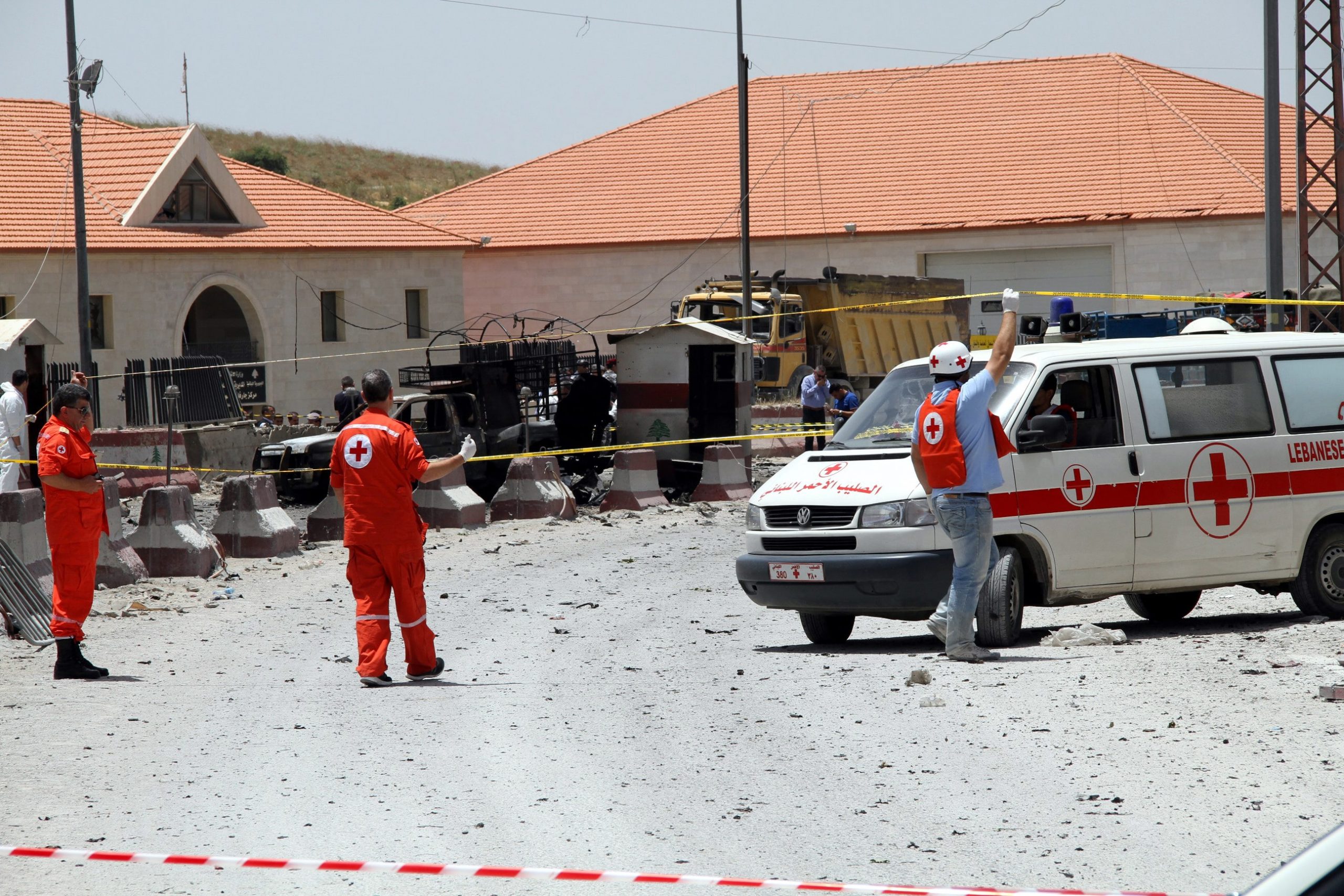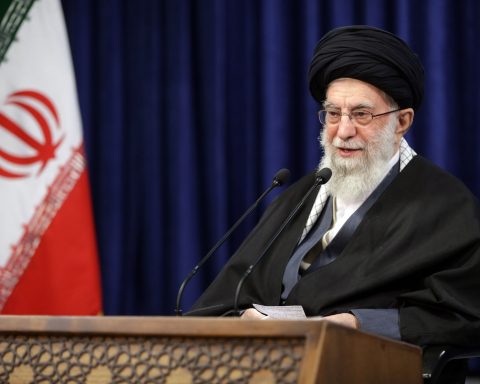Two separate clashes over limited fuel in northern Lebanon have killed three people, as scarcities have led to a wave of confrontations at gas stations, state media and security sources said.
On Monday, a man was shot at a gas station in the northern Lebanon village of Bakhoun, following a fight that broke out when a motorist tried to cut a long queue, a security source stated. The man later died of his wounds in hospital. The killer handed himself over to the army, the official National News Agency reported.
A separate fight “related to the sale and purchase of fuel” in the northern city of Tripoli, on Friday, had left another two people dead, a local news agency expressed. The killing came days after an initial fight broke out between motorists at a gas station over fuel purchases, stated a security source.
Lebanon, which is combatting an economic crisis branded by the World Bank as one of the planet’s worst since the mid-19th century, has been gripped by a fuel crisis since the start of summer.
Nearly 80 percent of the country’s population now live in poverty, the UN Office for the Coordination of Humanitarian Affairs (OCHA) said last week, a tally far higher than last year’s figure of approximately 50 percent.
Fuel importers, who put the fault of the fuel crisis on a postponement by the dollar-starved Lebanese central bank in opening credit lines to fund imports, have severely rationed supply, even after the government agreed to raised petrol and diesel prices by more than a third two months ago.
This has produced hours-long queues at pumping stations, where shouting matches, fistfights and even live fire have consequently to security forces intervening.
Aside from an array of shortages, Lebanon is also grappling with soaring poverty and a spiralling devaluation of the Lebanese pound, which has lost more than 90 percent of its black market value.














